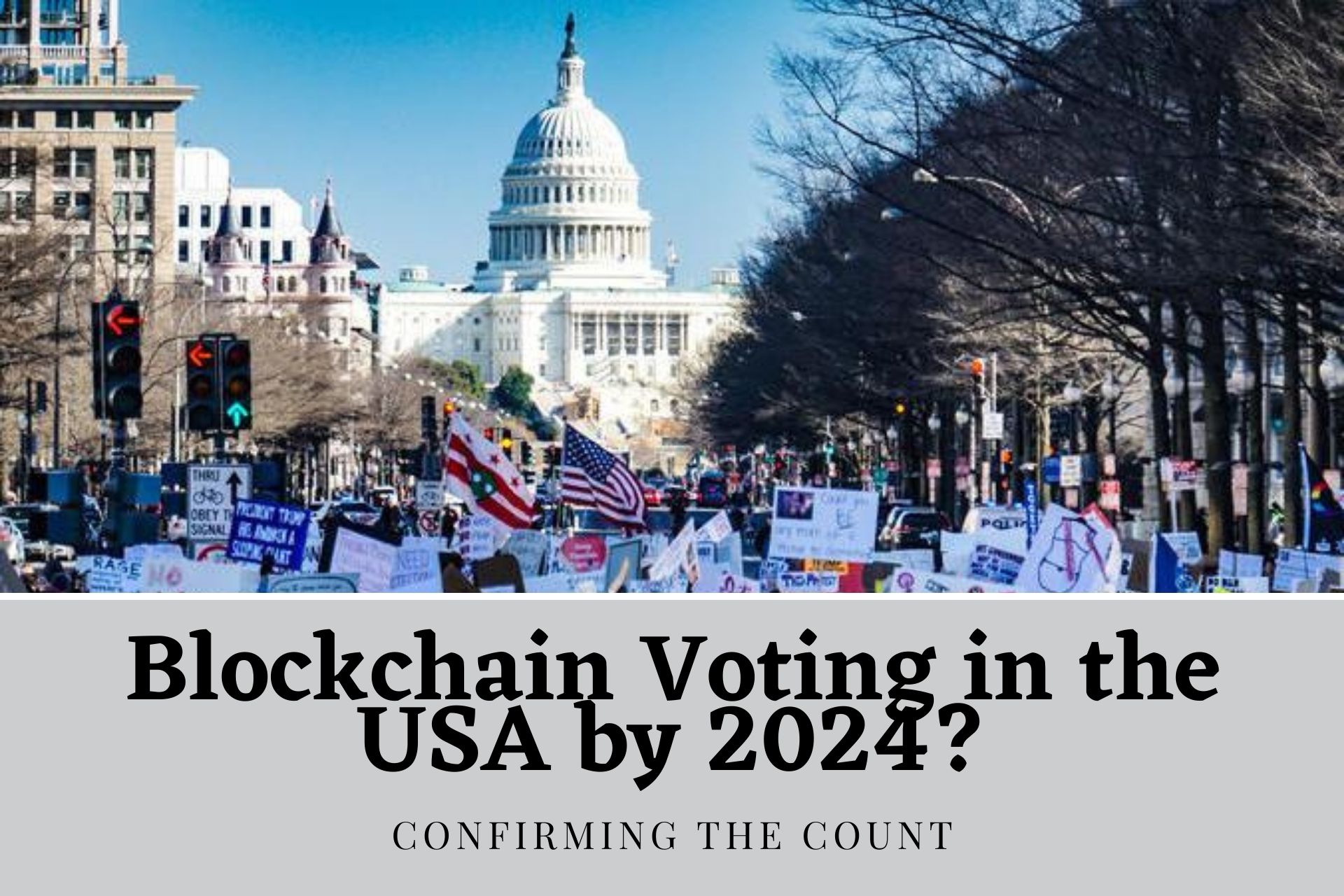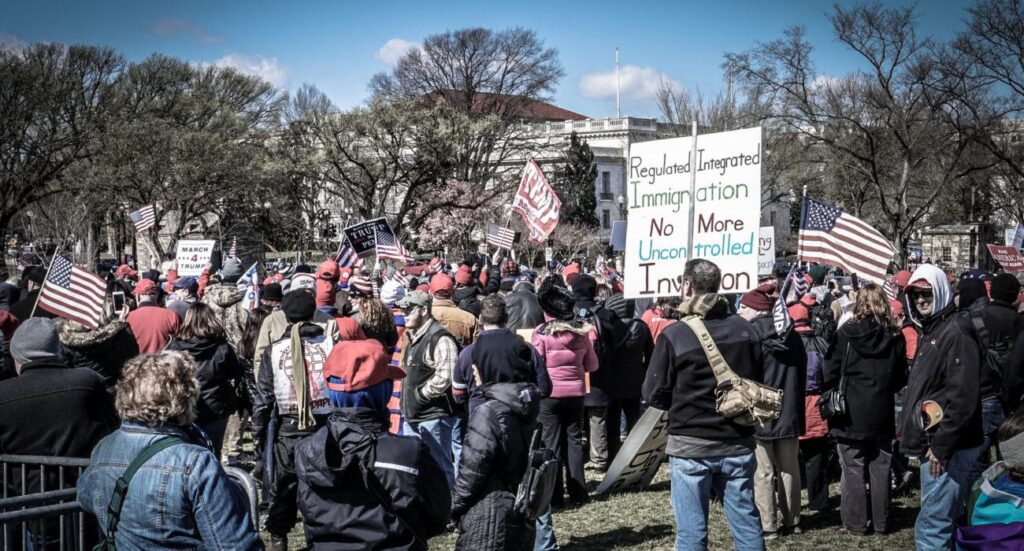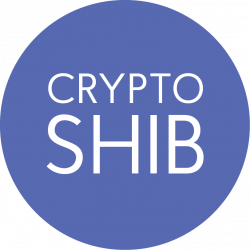Confirming the Count: Blockchain Voting in the USA by 2024?

Despite the turmoil of elections in the last months, in February, students at MIT released a paper titled: “From Bad to Worse: Internet Voting to Blockchain”. The twelve page document concludes blockchains do not solve fundamental issues of electronic voting systems, are more prone to errors and vulnerabilities, and that with new technologies, come new and unforeseen attack vectors. While much of the basis for their research stems from a lack of conclusive data into voter apathy via electronic voting options, one decentralized community has taken it upon themselves to challenge the findings.
Some have labelled Free TON a Phoenix of the crypto-sphere. Revived from the ashes of the $1.2B Telegram ICO, formerly known as GRAM, the platform has been running and quietly gaining traction for over 9 months now. It operates on a “Meritocracy based Governance model”, meaning initially, TON Crystals were not available via ICO or presale, only through value added to the network. Partnership and contest proposals are published on the forums for the community to assess their worth, before being taken to a vote. This has led to partnerships with some big names – Cointelegraph, Worldchess.com, Bitcoin.com, Decentraland, and more.

So, when Eugene Morozov put forward a proposal to the Free TON community to crowd source a rebuttal to the MIT paper, he was blown over by the volume of responses they received. After enlisting the help of electronic voting specialists, Voatz, to judge the entries, a winner emerged. “Blockchain is still better than no blockchain” describes the flaws with the original MIT assessments, compares the issues seen in current systems, and elaborates with a potential hybrid paper/blockchain based verification system seeking to address these issues.
“Thanks to the FreeTON community for the opportunity to express my point of view publicly, as well as to the authors of the MIT paper, who, albeit unwittingly, also contributed to this. Regarding blockchain technology, the elections illustrate the social significance of this technology. We live in a world that has not fully realized the importance of technology for humanity yet and is gradually coming to understand the possibilities. Blockchain is a promising solution for social procedures that require transparency and trust.” — Nickolay Rackoushine, co-author of the winning paper.
This unique crowdsourced solution is now being taken one step further, with election officials in Guatemala also getting involved with the Free TON community as new contests emerge around development of real world solutions. The work has even caught the eye of Utah County State Clerk, Amelia Gardner-Powers, who has been an advocate for distance voting in her role, making strides in this field in 2018. In one meeting with the Global Blockchain Association, she described the work being done by the Free TON community as “very interesting to me” and went on to express her interest in the promise shown.

While Free TON are not the first project to claim they can change how we vote and handle elections, — EOS, Tezos, and Ethereum have all seen modest attempts to date — they represent a fresh approach to familiar problems. If the circus show of the 2020 US Elections are anything to go by, a change is in the works ahead of 2024. Whether blockchain is part of this solution remains to be seen, but there are those who believe it is our best chance.

